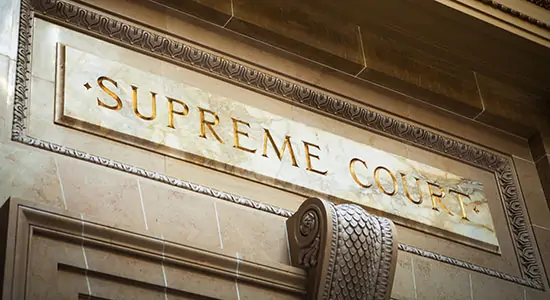by Deborah Bates Riordan, Esq. and Theodore Riordan, Esq.
This blog covers what happens after a Notice of Appeal is filed in a criminal case. It’s the follow-up to The Next Step After the Jury Convicts You: Appeal!

It takes time to read the transcripts. Sometimes they’re thousands of pages long. After reading the transcripts, the attorney will meet with the client and discuss potential issues that can be raised on the appeal. Some clients have particular issues that they want brought up on the appeal. But a client doesn’t have any obligation to identify the appellate issues. That’s the attorney’s job. An experienced appellate attorney can usually find at least one issue that can be appealed.
Once the transcripts are typed, the case will physically move from the local trial court to an appellate court in Boston. A panel of appellate judges will review the conviction. These judges don’t know anything about the trial, so it’s the attorney’s job to educate them. The attorney does that by writing an appellate “brief.” The brief typically summarizes the evidence heard by the jury, and then discusses why the defendant’s conviction should be reversed.
The appellate court will look at such things as whether the trial judge made correct rulings on admitting evidence, whether the judge gave correct instructions to the jury at the end of the case, and whether the attorneys (the prosecutor and defense counsel) made any errors. These are just examples of some of the things that the court is reviewing. The appellate court does not second guess the jury. In other words, the appellate judges are not going to vote on the defendant’s guilt, like the jury did.
If the appeal is successful, the appellate court typically sends the case back to the trial court for a new trial. The appellate court rarely finds a defendant “not guilty,” and dismisses the charges. When the case returns to the trial court, it will eventually be scheduled for trial again. It will be tried by whatever judge happens to be sitting in that court on the day of trial, which may or may not be the same judge as in the first trial.
Contact us
The attorneys at Bates & Riordan, LLP are very experienced in criminal appeals. We have handled everything from the simple assaults to first degree murders. There is no charge for the initial consultation. Please call us for a free, no-obligation consultation. If the defendant is incarcerated in Massachusetts, he or she can call us collect at 617-328-8080.
